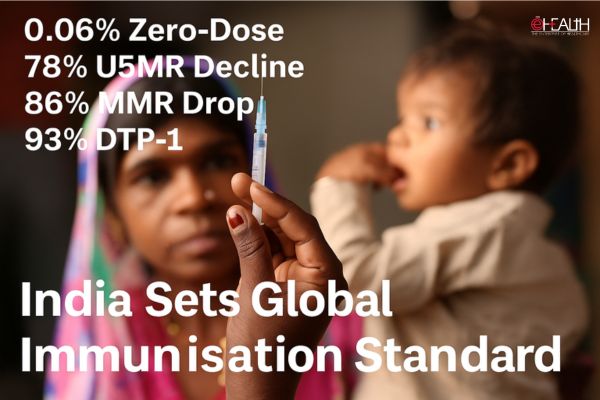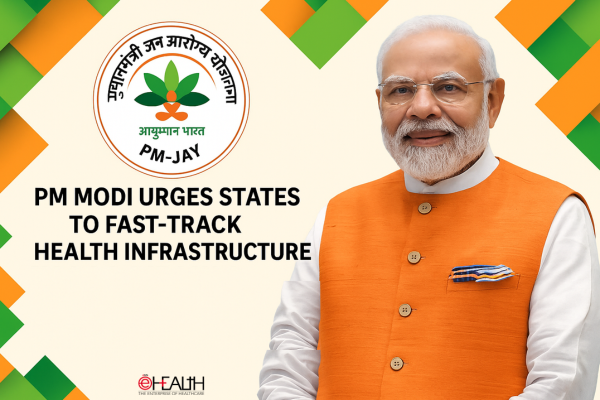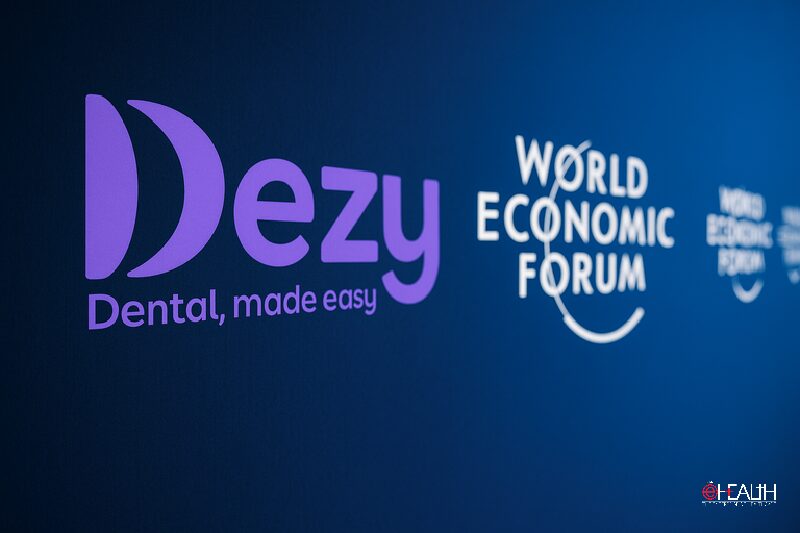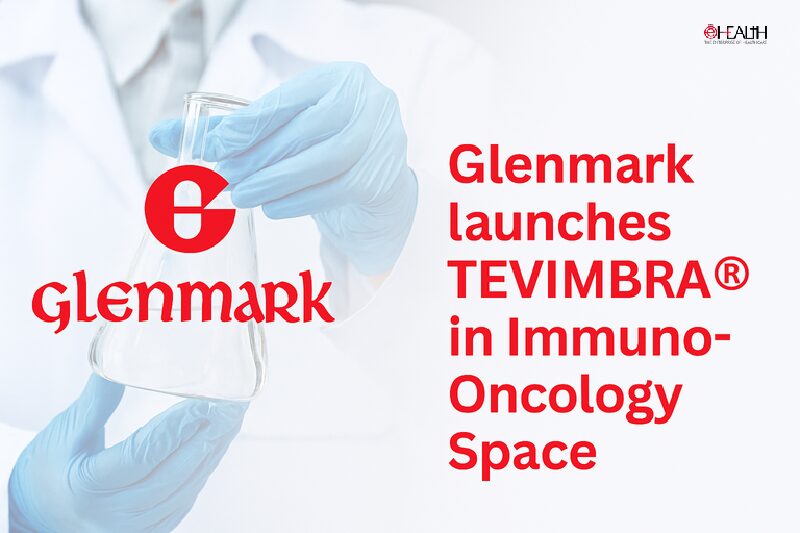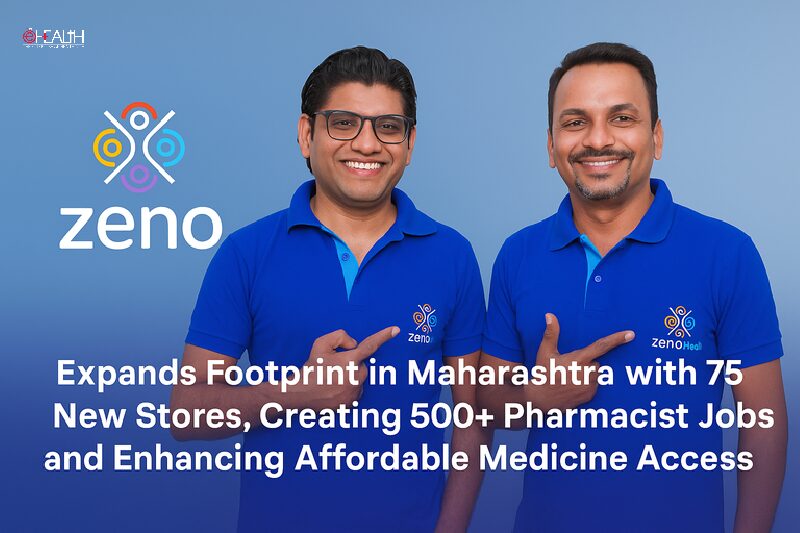
India’s pharmaceutical landscape witnessed a series of proactive measures in 2023-24, addressing critical issues like drug quality, combating spurious and substandard medicines, and managing unused and expired drugs. From the Central Drugs Standard Control Organisation’s (CDSCO) intensified drug inspections to Kerala’s pioneering nPROUD initiative, these efforts highlight a collective drive toward enhancing public health and safety.
CDSCO’s Nationwide Crackdown on Substandard and Spurious Drugs

In a major push against drug quality violations, CDSCO and state authorities tested 1,06,150 drug samples during FY2023-24, flagging 2,988 as Not of Standard Quality (NSQ) and 282 as spurious. This rigorous exercise resulted in 604 prosecutions against erring manufacturers and distributors. The inspections, part of a risk-based approach, scrutinized over 500 pharmaceutical premises, leading to show-cause notices, production halts, and license cancellations.

The crackdown primarily targeted frequently flagged drug categories, including painkillers, anti-infectives, and medications for type-2 diabetes. Fixed-dose combinations (FDCs) of antibiotics such as cefixime and azithromycin, as well as paracetamol-based analgesics, were among the most common offenders.

Despite these efforts, concerns remain over counterfeit allegations by some manufacturers, emphasizing the need for greater transparency. Industry experts have suggested publishing company-wise lists of compliant manufacturers to build public trust in the pharmaceutical ecosystem.

Major Drug Categories Under the Scanner
Drug alerts issued by CDSCO from January to October 2024 identified 618 drugs and formulations as substandard and flagged 19 as spurious. These alerts frequently highlighted analgesics, anti-infectives, and diabetes medications, all of which play critical roles in India’s healthcare system.
- Analgesics: Key formulations, including paracetamol-ibuprofen combinations, faced significant scrutiny.
- Anti-infectives: With an MAT of ₹25,682 crore in October 2024, antibiotics like azithromycin were among the most flagged.
- Diabetes and Hypertension Drugs: Critical therapies, including glimepiride tablets and spironolactone, were frequently deemed substandard.
These findings underscore the need for stringent quality assurance measures across drug production and distribution channels.
Kerala’s nPROUD Initiative: Tackling Drug Waste and Antimicrobial Resistance
While CDSCO focused on quality control, Kerala’s nPROUD (new Programme on Removal of Unused Drugs) initiative aimed to address another pressing challenge: the environmental and health hazards posed by unused and expired medicines. Set to launch in Kozhikode and Ulliyeri, the program seeks to collect, scientifically process, and safely dispose of drug waste, drawing inspiration from the US Food and Drug Administration model.
Key features of the program include:
- Door-to-Door Collection: Volunteers from Haritha Karma Sena and Kudumbashree will collect unused drugs and raise awareness about antimicrobial resistance.
- Blue Bins at Medical Stores: Retailers will serve as collection points, while commercial operators must pay ₹40 per kg for disposal.
- Go Blue Day Events: Special collection drives will enhance public participation.
The Kerala Enviro Infrastructure Ltd (KEIL) facility in Ernakulam will incinerate all collected drugs. With plans for nationwide expansion, the initiative sets a benchmark for managing drug waste sustainably.
These developments reflect a growing recognition of the need to prioritize public health and safety. CDSCO’s enforcement measures against substandard drugs, alongside Kerala’s innovative nPROUD initiative, illustrate a shared commitment to enhancing drug quality, ensuring safety, and addressing emerging threats like antimicrobial resistance.
Also Read: Metropolis Healthcare to Acquire Core Diagnostics for INR 247 Crore
As India strengthens its pharmaceutical framework, initiatives like these pave the way for a more transparent and accountable industry. Collaboration among regulatory bodies, manufacturers, and state governments will be crucial to sustaining these efforts and fostering public confidence in healthcare systems.
Be a part of Elets Collaborative Initiatives. Join Us for Upcoming Events and explore business opportunities. Like us on Facebook , connect with us on LinkedIn and follow us on Twitter , Instagram.
"Exciting news! Elets technomedia is now on WhatsApp Channels Subscribe today by clicking the link and stay updated with the latest insights!" Click here!






